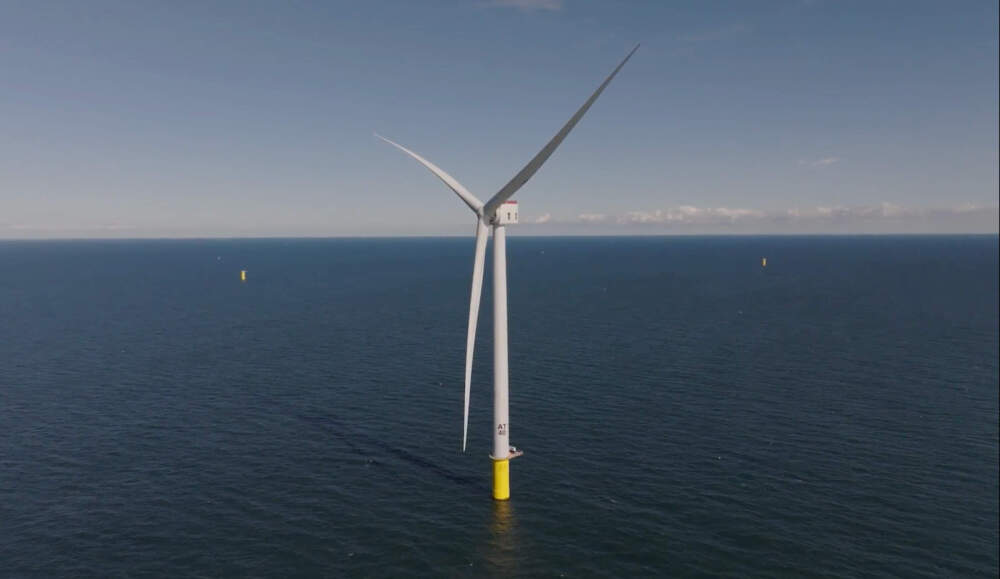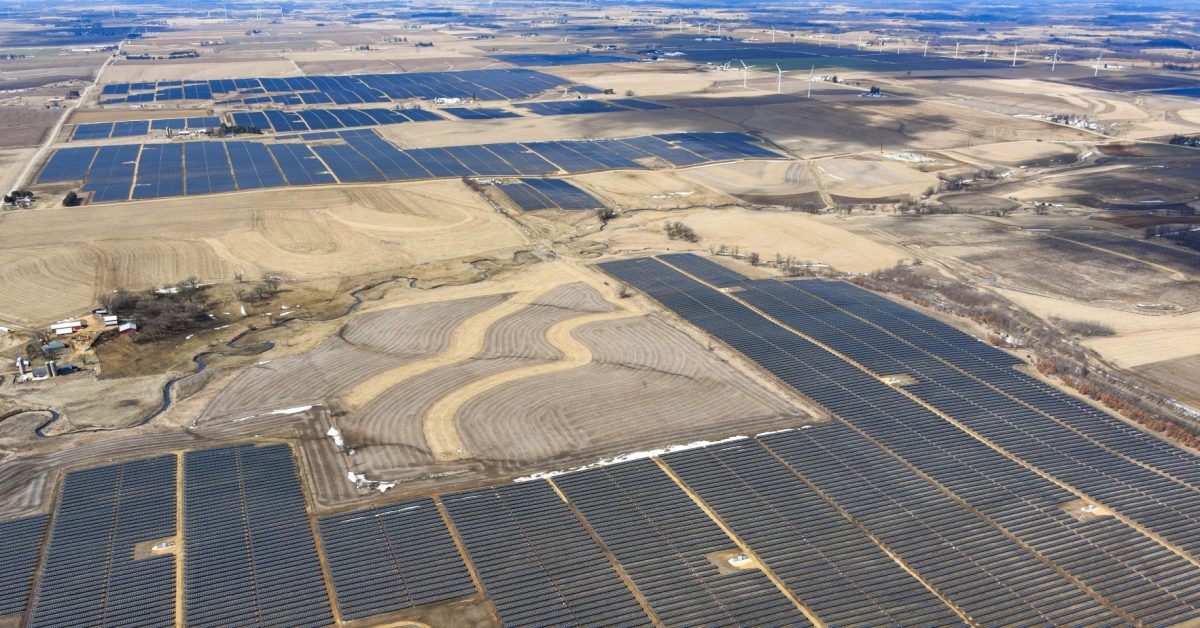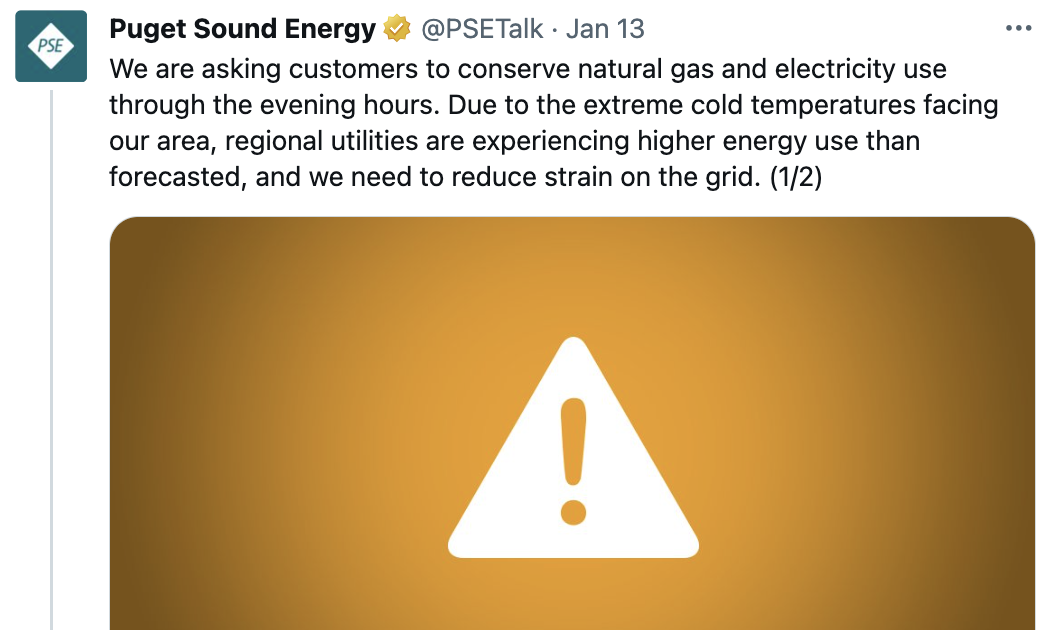A big chunk of power in the NW comes from hydro. There is a lot of wind power in our region, but as the extreme cold settled in, the winds died. Solar production was low. It was up to natural gas, nuclear, and some coal to fill in. The local UW meteorology prof weighed in on this situation.
This blog provides updated forecasts and comments on current weather or other topics

cliffmass.blogspot.com
That post is absolutely ridiculous. In most areas, hydropower is considered 'renewable'. At the very least, it is sustainable and very low carbon. For example, the Scandinavian countries are held up as exemplars of decarbonized economies... and they are mostly hydropower too.
This massive and consistent hydropower is WHY Alcoa (and thus Boeing) are located in the PNW.
Why can't I look at the same plot and say 'PNW's renewable/low carbon energy system worked just as designed during the recent cold spell' ?? And still only used a miniscule amount of fossil energy!
Oh I know, wouldn't get clicks. He is scare mongering about a
hypothetical solar+wind and no storage/backup system that will
never be built. In a region that will certainly be late adopters to the solar+wind+battery model because of the large amount of cheap hydropower and poor solar resource.
This guy is just pointing out that intermittent sources of renewable energy are, um, intermittent. And since that seems to have less traction as a talking point lately, now folks like to point out such intermittency during weather events that the population finds scary. Boo!
As more solar and wind get fielded, we will see (1) intentional overbuilding (and intermittent curtailment) (2) fielding of mass storage (in increasingly cheap batteries) and (3) the maintenance and occasional use of backup sources (mostly fossil) to maintain supply.
Curtailment looks like 'inefficiency', but whatabout the thermodynamic inefficiency of thermal plants? When we see a huge plume of condensation from a cooling tower reaching miles into the sky, do we say 'Wow, what a massive amount of energy waste... we are losing more than half of the primary combustion energy we are putting in'? No, nobody does that.
But if a solar or wind farm gets curtailed for 20-30% of the time in a high renewable penetration area, folks say 'See... what a boondoggle that was... I can't believe we wasted all that money on it!' Even though the financiers of the project probably took such curtailment into account when they greenlighted the project!
That prof seems to be a bit of a character and gadfly:
https://en.wikipedia.org/wiki/Cliff_Mass






